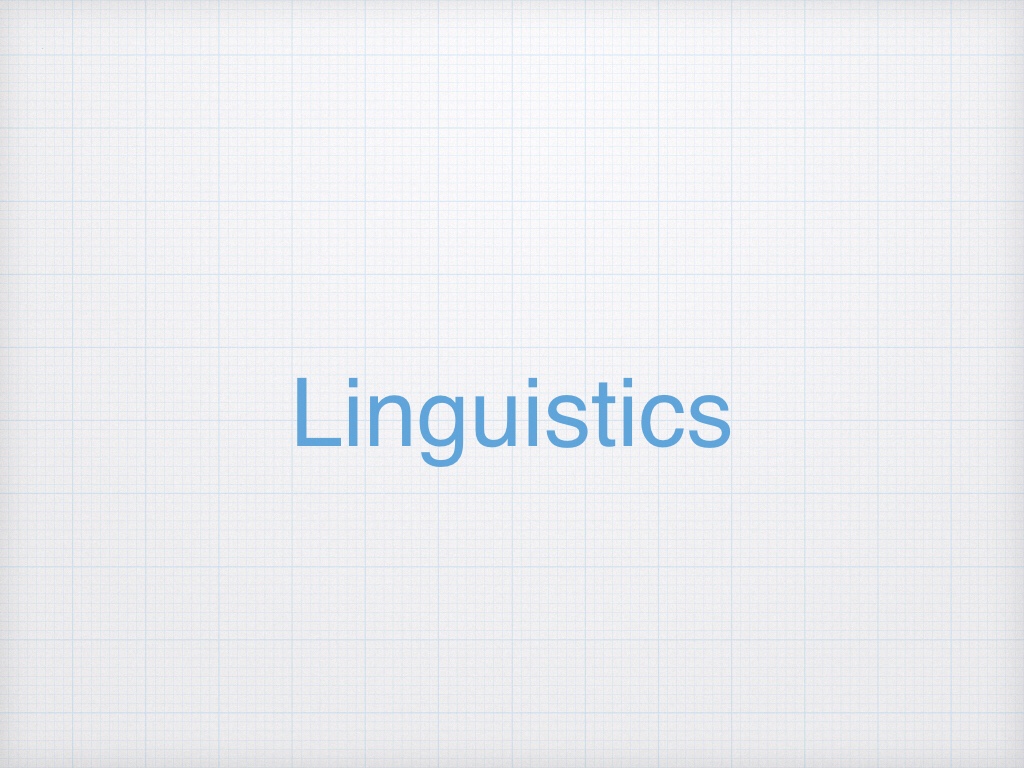In this post, I want to talk about my goal to study linguistics.
I like languages and find historical linguistics especially interesting. As I said in the last post, I believe that language is everything for us. Historical linguistics is a study which considers the historical development of the language. I think in other words, historical linguistics considers human beings themselves through language.
I will give you two examples.
The first one is semantic changes. In Japanese, there is a word Arigatou which means ‘Thank you’. However, this word had a different meaning until around the 12th century. The original meaning was difficult + existence, meaning it is difficult to exist. Something that is difficult to exist is quite rare and so its value is appreciated. So, the meaning of Arigatou has been changed from something rare to something to appreciate. We can see how Japanese noticed that rarity is valuable. We could say the noticing this was the beginning of Economics in the Japanese. As you have read, we can consider the history of Japanese through the semantics change.
Let me give one more important example.
There are three kinds of the verb inflection in English: base form, past form and past perfect form. However, when English expresses the future, it requires other words such as will, shall or be going to. If we understand time as one straight line, it is no wonder that there exists future form in English but it does not. This fact suggests that human beings had felt that the future tense is something different from other tenses. That is to say, the fact can be a hint to think how human beings have constructed the concept Time.
As I have mentioned, I think that the history of languages is almost equal to the history of human beings.
Now, human beings have learnt a lot from the past, created new things and developed to acquire a more efficient and stable future. We have created the future from the past. Besides, in the 21st century, the speed of development is getting faster exponentially. Although there are still points to study more, we have learnt many things from historical linguistics. Therefore, what I want to ask is ‘Can we create a new language?’ The essence of language is information and, now we are living in the world of the Information Technology Revolution. This provides us new technology with which to treat information. If we can use new technology, I believe that it is possible to create a new form of language.
The new form of language I am talking about is not language which can be added to existing language such as English or Japanese. It has a completely new form. French theologian, Marin Mersenne construed the idea ‘Universal Language’ in his work ‘Universal Harmony’. According to that, he argued that the ideal language is a language like this.

every body would consist of weight, number, and mesure. Sound would represent those three features, and because of that one could illustrate everything with sound. The ideal, perfect musician would thus be able to devise a natural language with his instrument, which could present everything in its natural form. Such a language could be understood by every human being and by the angels. It would be an immediate medium to transport thoughts and feelings without impediment by reason.
I want to try the language but I think that this language must be a completely new language, which does not depend on sounds because a revolution is going on in Information Technology. This is a difference from Marin Mersenne’s language.
So my ideal language would be defined as like this.
Language presents everything in its natural form without sounds. Such a language could be understood by every human being and by the angels. It would be an immediate medium to transport thoughts and feelings without impediment by reason.
This is what I want to try in linguistics.
| Reference |
| Etymology Dictionary |
| Gengo Kigenron no keifu (The pedigree record of discussions about the origin of languages) |
| hellog 英語史ブログ #2208英語の動詞に未来形の屈折がないのはなぜか? |

